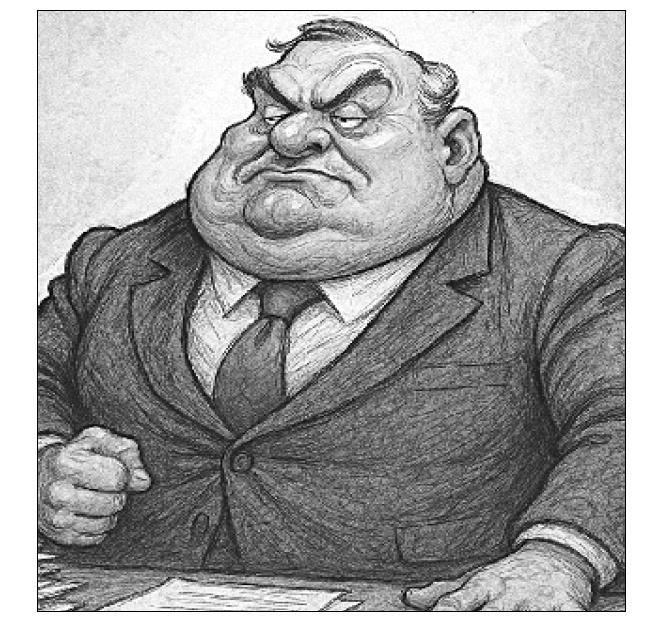A lot of money for doing nothing
2025-08-03
THIS is with reference to the report `Government lifts bar on corporate earnings of bureaucrats` (July 8). It seems that the government is of the elite, by the elite and for the elite. In a move that has attracted little scrutiny, the federal government, according to the said report, has reportedly lifted Rs1 million annual cap on corporate earningsbybureaucratsfor serving on boards of directors.
What was once a prudent ceiling, meant to safeguard against conflicts of interest, has now vanished altogether, leaving the gates wide open for bureaucratic profiteering, the implications of which may be deeply troubling. At the heart of the matter lies a fundamental question: what are bureaucrats doing on corporateboards in the first place? The government, through its ministries and regulators, is tasked with oversight, ensuring that st ateowned enterprises and private corporations serve the public interest, comply with laws, and uphold fair practices.
When the same bureaucrats meant to regulate these entities are also drawing personal income from them, the lines between public duty and private gain blur beyond recognition.
This is not merely an issue of optics.
It institutionalises conflict of interest.
The incentives are now perverse: the more boards one sits on, the more one earns.
This earning is regardless of performance, governance outcomes, or public value.
And with the removal of the earnings cap, we risk transforming senior bureaucratic posts into ladders for personal enrichment rather than platforms for public service.
The rationale often trotted out is that bureaucrats on boards ensure alignment with government policy. But this is both outdated and discredited. Modern governance demands independent, professional boards, not ones populated by civil servants with no sectoral expertise, beholden neither to shareholders nor to citizens. Past reform efforts, including those supported by international donors, pushed to depoliticise and professionalise such boards. The recent decision pulls in the opposite direction.
At a time when Pakistan is desperate to accelerate reforms, transparency and good governance, the move has sent exactly the opposite message. It weakens institutional integrity, entrenches patronage, and further erodes public trust.
Azhar Saeed Islamabad




